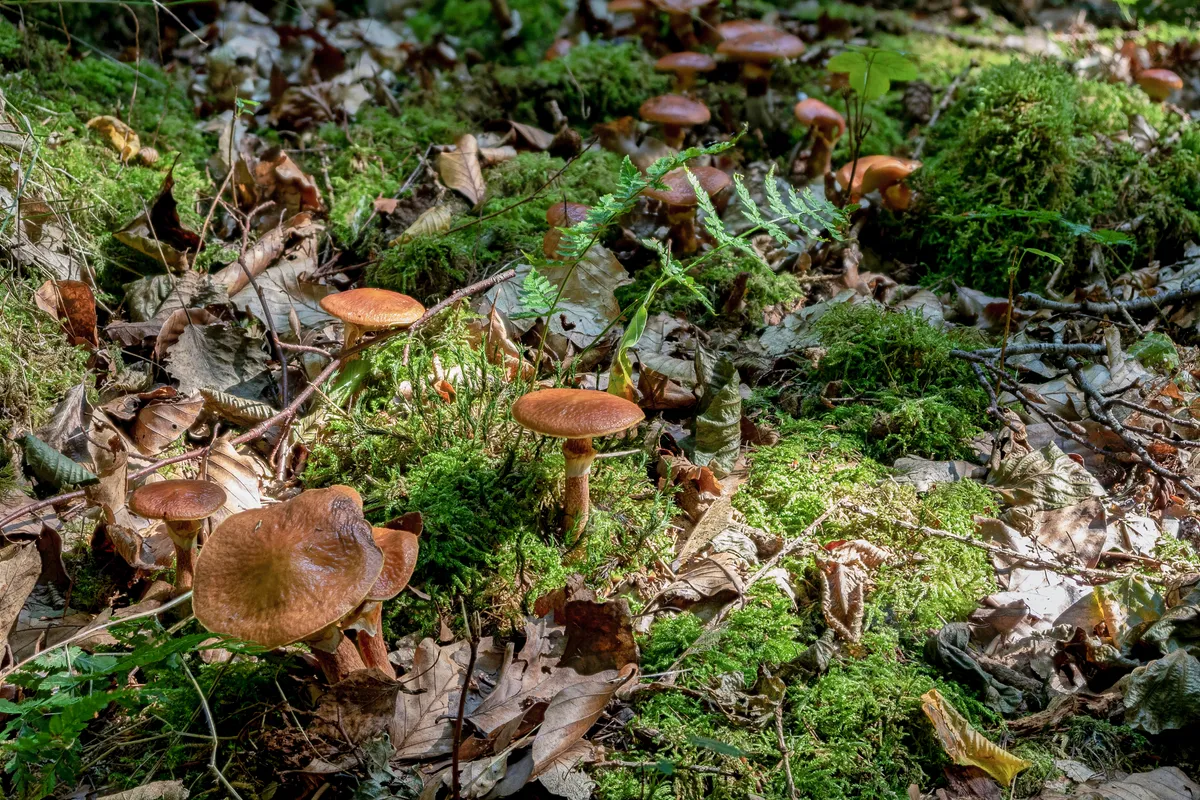There are many soil additives on the market, all offering gardeners the appealing promise that they will make your plants bigger or healthier. Often there is little, if any, way of knowing whether they will work - the claims made by the products may simply not have been adequately tested, and it's hard to tell what's in them.
Mycorrhizal fungi (mycorrhizae) are touted as having many useful benefits – but is it worth buying mycorrhizae? We asked ecologist Ken Thompson for his advice.
More on soil
- Simple compost: how to compost without the faff
- Soil health: how to look after your soil
- Growing without soil
What are mycorrhizal fungi?
Mycorrhizae are a symbiotic association between the roots of plants and beneficial fungi, if only because around 85 per cent of all plants are normally mycorrhizal.
What are mycorrhizal fungi supposed to do?
Mycorrhizae effectively extend the plant’s root system and are very important for the uptake of nutrients, especially phosphorus. Which raises the interesting question: if mycorrhizae are good for plants, surely it must be a good idea to buy some more?
Well, maybe, but maybe not. Mycorrhizae are everywhere, so most garden soils will already contain a diverse collection, either as the active fungus or as dormant spores, which means most plants will quickly recruit the mycorrhizae they need. On top of that, there are at least 300 different species of mycorrhizae, yet the typical commercial product contains only a few, and sometimes only one. And should you ever bother to check, plants arriving direct from the nursery often turn out to be mycorrhizal before you even plant them.

How do I increase mycorrhizal fungi in my soil?
It helps to practise 'mycorrhizal-friendly gardening', which essentially means lots of plants, keep digging to a minimum, and go easy on both fertiliser and pesticides (especially fungicides!).
What do trials on shop-bought mycorrhizal fungi show?
When Which? Gardening tested mycorrhizae recently, using several different brands at different sites, it found that sometimes they worked, but often they didn’t. The consumer rights organisation concluded that mycorrhizae can’t be guaranteed to add much to what’s in the soil already, and you might be better off just trying to improve your soil fertility by adding plenty of compost.
Should I buy mycorrhizal fungi?
I’ll leave the last word on the subject to tree expert Peter Thomas: if you want to make sure a new plant gets the mycorrhizae it needs, ‘it is far better to take a small amount of soil from beneath a nearby successful tree to act as an inoculant’. This is more likely to have the appropriate local fungi and is, of course, free.
Here's more from Ken on whether to buy biochar








